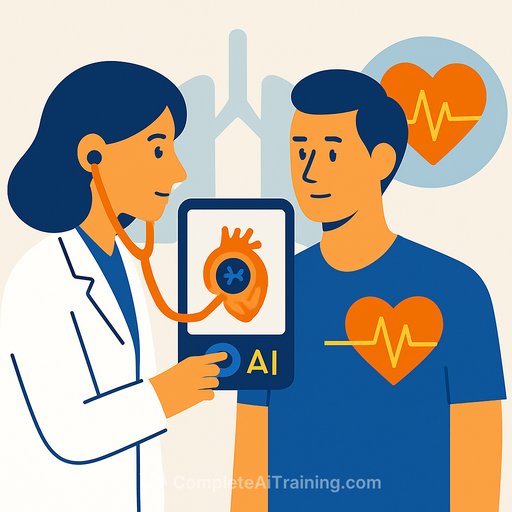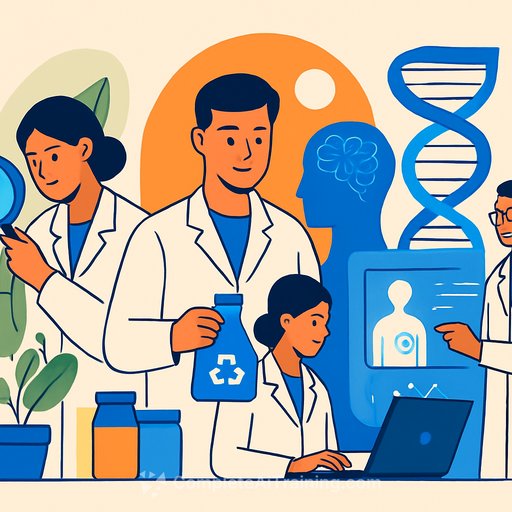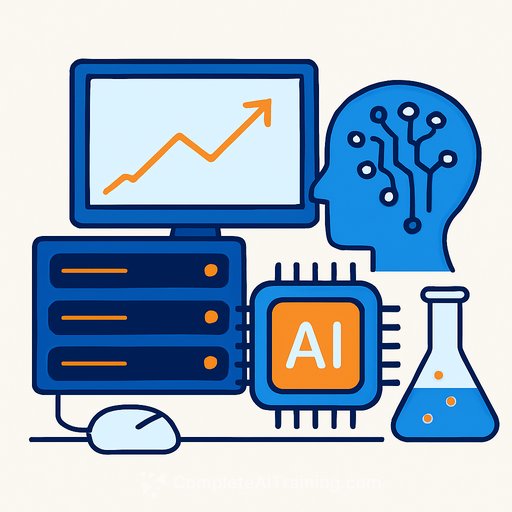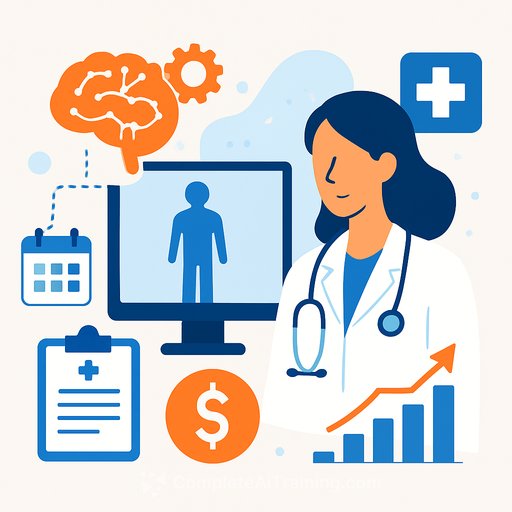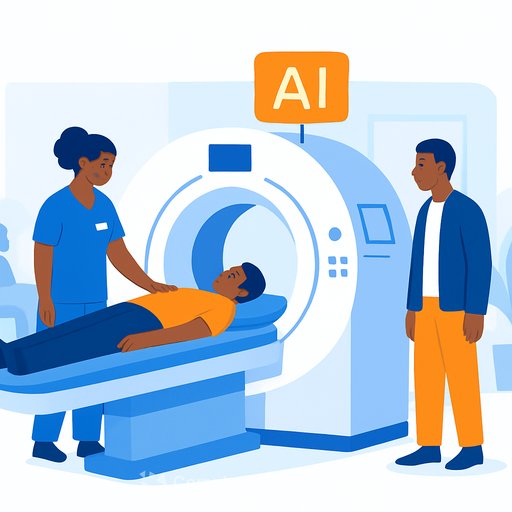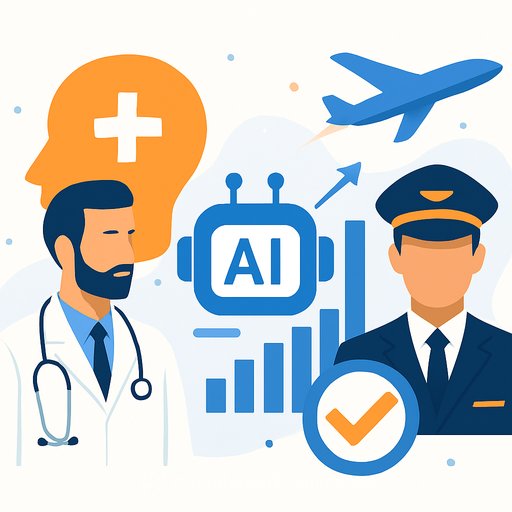AI-Powered Stethoscopes Detect Critical Heart Conditions in Seconds
A new generation of stethoscopes equipped with artificial intelligence (AI) can identify major heart conditions almost instantly. This advancement marks a significant improvement over the traditional stethoscope invented in 1816, which relies solely on the doctor's ability to listen to internal body sounds.
Researchers from a British team tested a modern AI stethoscope and found it capable of detecting heart failure, heart valve disease, and abnormal heart rhythms within seconds. The potential for earlier diagnosis means patients may receive necessary treatment much sooner, improving outcomes significantly.
How the AI Stethoscope Works
The device replaces the classic chest piece with a compact unit roughly the size of a playing card. It uses a microphone sensitive enough to pick up subtle variations in heartbeat and blood flow, patterns that typically elude the human ear.
Additionally, the stethoscope records an electrocardiogram (ECG) to capture electrical signals from the heart. These signals are uploaded to the cloud, where AI algorithms trained on tens of thousands of patient datasets analyze the information.
Study Details and Results
Imperial College London and Imperial College Healthcare NHS Trust conducted a study involving over 12,000 patients across 96 GP surgeries in west and north-west London. The AI stethoscopes used were manufactured by the US company Eko Health.
The results were compared with data from 109 GP surgeries that did not use the AI technology. Findings showed:
- Patients with heart failure were 2.33 times more likely to be diagnosed within 12 months when examined with the AI stethoscope.
- Detection of abnormal heartbeat patterns, which often have no symptoms but increase stroke risk, was 3.5 times higher.
- Heart valve disease detection improved by 1.9 times.
Expert Perspective
Dr. Sonya Babu-Narayan, clinical director at the British Heart Foundation and consultant cardiologist, highlighted the significance of this upgrade to a centuries-old tool. She emphasized that earlier diagnosis enables timely treatment, helping patients live healthier, longer lives.
"This is a clear example of how a traditional tool can be enhanced for modern medical practice," Dr. Babu-Narayan said. "Often, heart conditions are only diagnosed during emergency hospital visits at advanced stages. Early detection changes that trajectory."
Looking Ahead
The findings were shared at the European Society of Cardiology annual congress in Madrid, the largest heart conference worldwide. Following the successful trial in London, plans are underway to introduce the AI stethoscopes to GP practices in south London, Sussex, and Wales.
The adoption of this technology across primary care could transform early cardiac care by providing clinicians with quick, reliable data that supplements traditional examination methods.
For healthcare professionals interested in AI applications in clinical settings, exploring specialized training can be valuable. More information on AI courses tailored for healthcare and research roles is available at Complete AI Training.
Your membership also unlocks:

